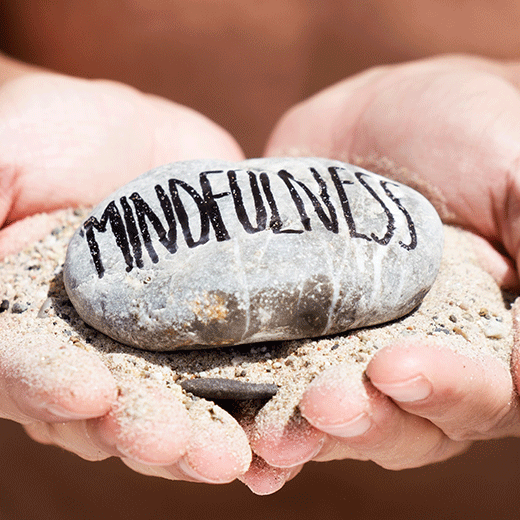|
|
LEARNING
MINDFULNESS and meditation TRAINING COURSES in auckland, new zealand
|
our mindfulness and meditation courses
Are you feeling overwhelmed, anxious, or just stuck in a rut? If so, it's time to take action and start caring for yourself. Just Breathe offers mindfulness and meditation training courses in Auckland, New Zealand, to help you cultivate the skills to reduce stress and anxiety, increase focus and clarity, and create a life of balance and peace.
With years of experience leading mindfulness and meditation courses, they are the perfect place to start your personal growth and self-discovery journey. With ourfriendly team of experienced facilitators, we offer courses for beginners to experienced practitioners, so there is something for everyone. So whether you are looking for an introduction to mindfulness and meditation or want to deepen your practice, we have the perfect course to help you achieve your goals.
For more information about the courses Just Breathe in Auckland offers, submit an enquiry using the button below.

Mindfulness training courseS
Are you feeling stressed, overwhelmed and out of balance? Do you feel like life is a daily struggle? If so, mindfulness training courses in Auckland offered by JustBreathe.social could be just the thing to help you find inner peace and harmony.
With its friendly team of experienced facilitators, we offer mindfulness training courses throughout Auckland for beginners to experienced practitioners, so there is something for everyone.
If you are looking for an introduction to mindfulness or want to deepen your practice, we have the perfect course to help you achieve your goals.
What is Mindfulness?
A JustBreathe.social, we define mindfulness as the practice and state of mind that involves intentionally paying attention to the present moment without judgment or attachment. It is about being fully aware of your thoughts, feelings, bodily sensations, and the surrounding environment while maintaining a non-reactive and non-judgmental stance.
Mindfulness is often cultivated through various techniques, such as meditation, breathing exercises, and daily mindfulness practices.
The core idea behind mindfulness is to bring one's attention to the present moment rather than dwelling on the past or worrying about the future. By doing so, mindfulness encourages individuals to observe their thoughts and emotions without getting caught up in them. It helps develop a sense of clarity, self-awareness, and a greater capacity to manage stress, anxiety, and other challenging emotions.
Mindfulness has its roots in ancient Buddhist traditions but has gained widespread recognition and adoption in modern psychology and wellness practices. It is often used as a therapeutic technique to reduce stress, enhance well-being, and improve overall mental health.
Research has shown that regular mindfulness practice can have various benefits, such as increased focus and concentration, improved emotional regulation, enhanced self-compassion, and greater resilience to life's challenges.
It's important to note that mindfulness is a skill that requires practice and patience. It is not about achieving a particular state of mind but rather about cultivating a way of being present in each moment with an open and non-judgmental attitude.

MEDITATION TRAINING COURSES
With an experienced instructor teaching the fundamentals of meditation, these courses are designed to provide you with the tools to create a more tranquil and balanced life.
The classes are suitable for beginners and more experienced meditators, with beginner meditation training courses including basic instruction on the practice of meditation, as well as guidance on how to create a meditation practice.
You’ll learn about breathing techniques, visualisation, mindfulness and other relaxation methods to help you achieve a greater sense of focus, calmness and inner peace.
What is Meditation?
A JustBreathe.social, we define meditation as a practice that involves training the mind to focus and redirect thoughts, leading to heightened awareness and inner calm. It is often done by sitting or lying comfortably and engaging in a specific technique or mental exercise. While meditation is commonly associated with spiritual or religious practices, it can also be approached from a secular and non-religious perspective.
Numerous meditation techniques generally focus on a specific object, such as the breath, a mantra, a sound, or a visual image. As thoughts, emotions, or sensations arise during meditation, the practitioner is encouraged to acknowledge them without judgment and gently return the focus to the chosen object of meditation. This process helps cultivate mindfulness, concentration, and a calm and centred mind.
Meditation has been practised for thousands of years in various cultures and traditions, including Hinduism, Buddhism, and Jainism. However, in recent decades, meditation has gained popularity and recognition in the Western world to reduce stress, promote relaxation, and enhance overall well-being.
Research has shown that regular meditation can have numerous benefits for mental and physical health. These include stress reduction, improved focus and concentration, increased self-awareness, enhanced emotional well-being, better sleep, and decreased symptoms of anxiety and depression. Meditation has also been studied in the context of pain management, resilience-building, and promoting a sense of compassion and empathy.
Meditation is a personal practice, and different techniques may work better for individuals. There is no right or wrong way to meditate. We will cover the various meditation techniques in our courses. Finding an approach that resonates with you and fits your needs and preferences is important.
